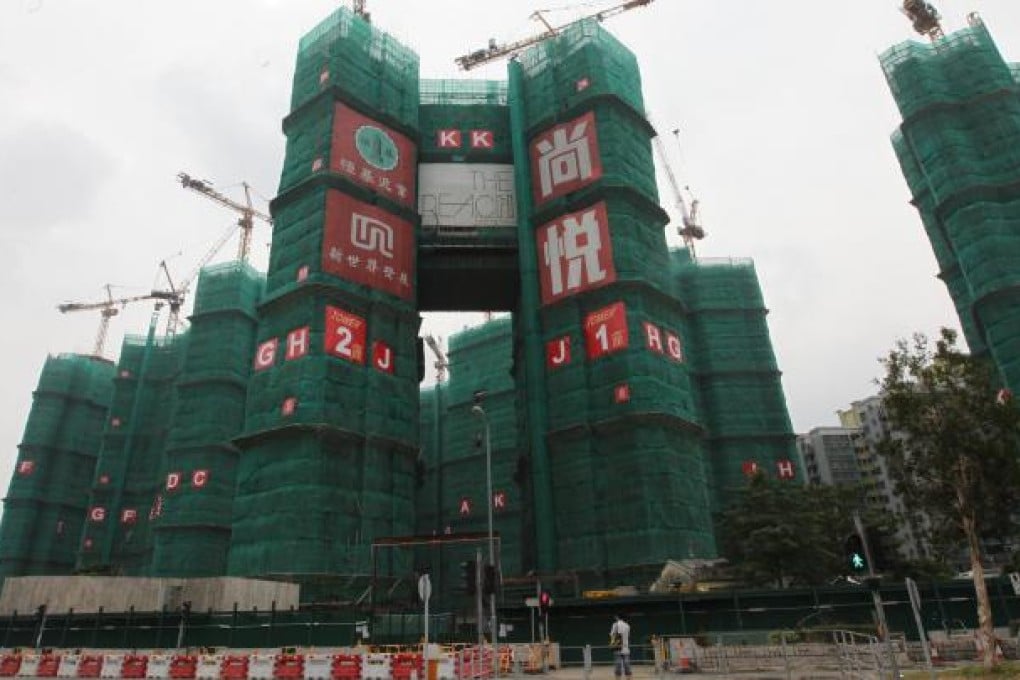
Despite doubling in price this year, it looks like there might still be more value to be found in New World Development shares.
The group is a large property player in Hong Kong and has majority interests in a number of companies listed in Hong Kong.
New World China Land and New World Department Store hold the group's property and retail business in the mainland, respectively, while NWS Holdings is its infrastructure arm with projects in Hong Kong, Macau and the mainland.
Meanwhile, New World Development, itself, holds the group's huge property interests in Hong Kong and has a market capitalisation of about HK$76 billion. The company's stakes in its listed subsidiaries based on their market capitalisations are collectively worth more than HK$51 billion. (See table.)
This implies that investors are valuing the assets held directly by New World Development - this includes New World Tower in Central, the Grand Hyatt and Renaissance hotels, K11 mall, the New World Centre in Tsim Sha Tsui, and many hectares of undeveloped land in Hong Kong - at a bargain price of HK$24.5 billion.
Property companies are typically valued using a price-to-book ratio, a measure of the firm's share price to its "book value", or the value of the firm if it went into liquidation today. This is a theoretical but conservative number, because it does not capture all the profits the firm will make in the years ahead as a going concern.
Yet, New World Development shares trade at a huge 61 per cent discount to this net asset value.